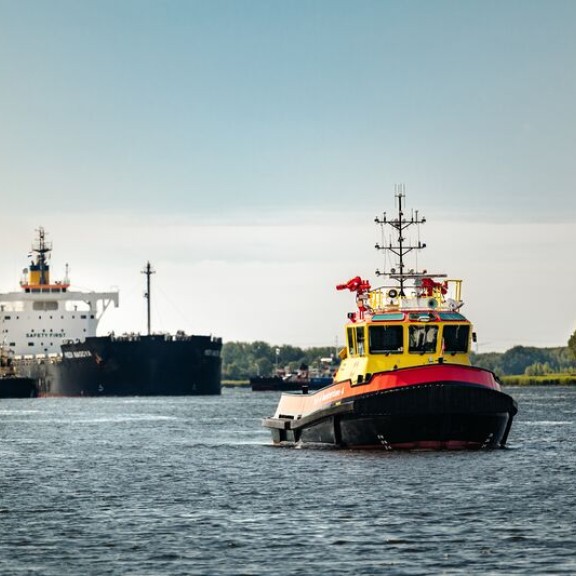
Impact of the war in Ukraine on the Port of Amsterdam
From 24 June 2024 onward, the fourteenth sanction package is effective.
For the Port of Amsterdam this means that the port is closed for ships sailing under the Russian flag and for ships with all kinds of load on board with a Russian origin. There are no exceptions.
What does this banning of Russian ships amount to?
Ships flying the Russian flag and ships affiliated with entities or persons on the European sanctions list are not offered port services such as bunkering, pilotage, berthing assistance, ship towing services, terminal loading and unloading, etc. However, should a ship flying the Russian flag or affiliated with a sanctioned person or entity wishes to enter, the port authority will inform the ship that it will not receive services and is not welcome.
Are there increased risks in the port in terms of cyber security?
Cyber-attacks have been on the increase in recent years. Therefore, vigilance is required. Terminals can join the Port of Amsterdam’s Cyber Security Programme. This programme keeps customers informed of possible attacks within the North Sea Canal Area.
For more information, please see the sources below: